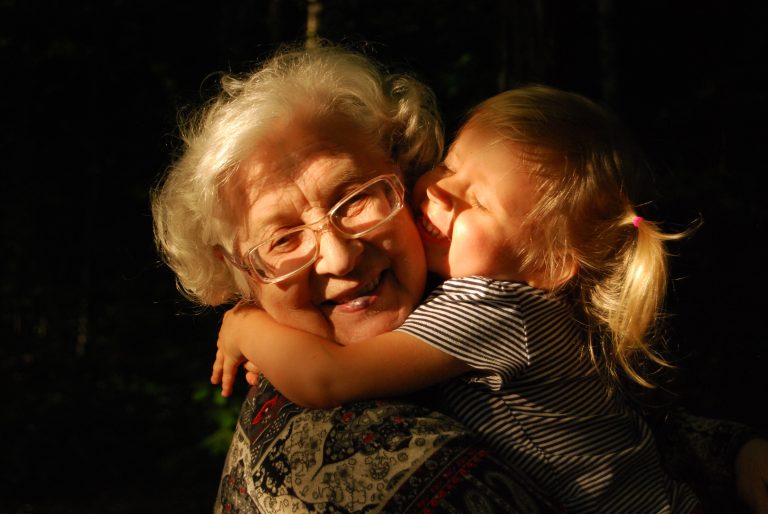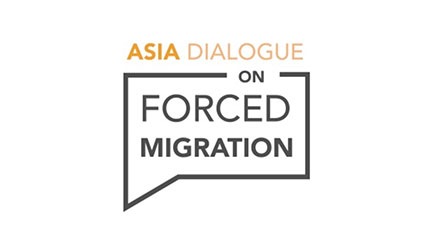Discussions about the social issues that have always seemed to be an important part of politics have dropped off the agenda during this election, writes Eva Cox
I have spent some time over the past couple of weeks working out why this election has made me so uncomfortable. Maybe because of my long term interest in things political, this election has seemed to be seriously lacking in its coverage of issues that had been part of previous agendas. Where were the discussions about the social issues that had always seemed to be an important part of politics, particularly when Labor was in office? What happened to objectives like social justice and a more egalitarian society?
Has the long period of neoliberal dominance of government policies drowned out socially oriented initiatives? The free market and self interest were expected to solve resource allocations and needs by shifting risks to individuals. More recently these approaches were oddly combined with neoconservative social controls over those who failed to respond appropriately to market forces. The welfare state was drowned in bureaucratic controls and enforcement. Programs like Welfare to Work and Income Management created scapegoats of those who failed the economic tests.
The question was, therefore, would our first Labor government in over a decade put some emphasis on social policy to remedy some of the injustices and return social equity to the political agenda. There were some signs in 2007 when Rudd attacked the idea of neoliberalism but the policies remained market oriented on one hand, and paternalistic on the other. Would this change when Labor was running for re-election? Would questions of equity and fairness return as part of a Labor agenda?
I don’t ask all this in the nostalgic hope of a return to a seventies-type agenda, but rather on the basis of recent research on the consequences of inequalities and lack of agency for social well being. The recent Marmot and Wilkinson research findings on social determinants of health and well being show the ill effects of inequality and lack of control over one’s life. Together with neurobiological findings on the emotional basis of fairness, the research suggests that policy makers need to recognise the importance of equitable distributions of resources for cohesive functional societies.
Yet this election campaign shows up major social policy sins of both omission and commission. There has been a singular lack of equity discussions as the two major parties compete over who can offer the tougher, nastier policies.
I have been compiling a social-policy-on-offer tally with three categories. Firstly, fear-mongering, scapegoating and demonising: 15 negative items. Secondly, missing possible items of needed social policy changes: 38 items. And thirdly, included actual commitments in the social area which were evaluated on whether these contributed to or reduced social trust and well being. (See the details on Crikey.) I stopped when I got to 88 items overall because that was long enough to make my point about lack of positive policies.
The negatively scored examples of hatemongering came from both sides — see asylum seekers and pressure on the unemployed, but more from the Coalition. The missing items included cultural, Indigenous and poor people’s needs, but the identified actual socially oriented policies did not necessarily offer positive changes. The results of my total tally as of last week? The Coalition scored negative 10.5 and ALP scored a bare plus 4. Out of a possible positive score of 50 plus, neither side does well — but on these indicators, the Coalition would actually push Australia into being less fair.
 More Than Luck is a collection of ideas for citizens who want real change edited by Mark Davis and CPD Executive Director Miriam Lyons. A to-do list for politicians looking to base public policies on the kind of future Australians really want, More Than Luck shows what’s needed to share this country’s good luck amongst all Australians – now and in the future. Click here to find out more. Like what you’ve read? Donate to help make good ideas matter.
More Than Luck is a collection of ideas for citizens who want real change edited by Mark Davis and CPD Executive Director Miriam Lyons. A to-do list for politicians looking to base public policies on the kind of future Australians really want, More Than Luck shows what’s needed to share this country’s good luck amongst all Australians – now and in the future. Click here to find out more. Like what you’ve read? Donate to help make good ideas matter.



